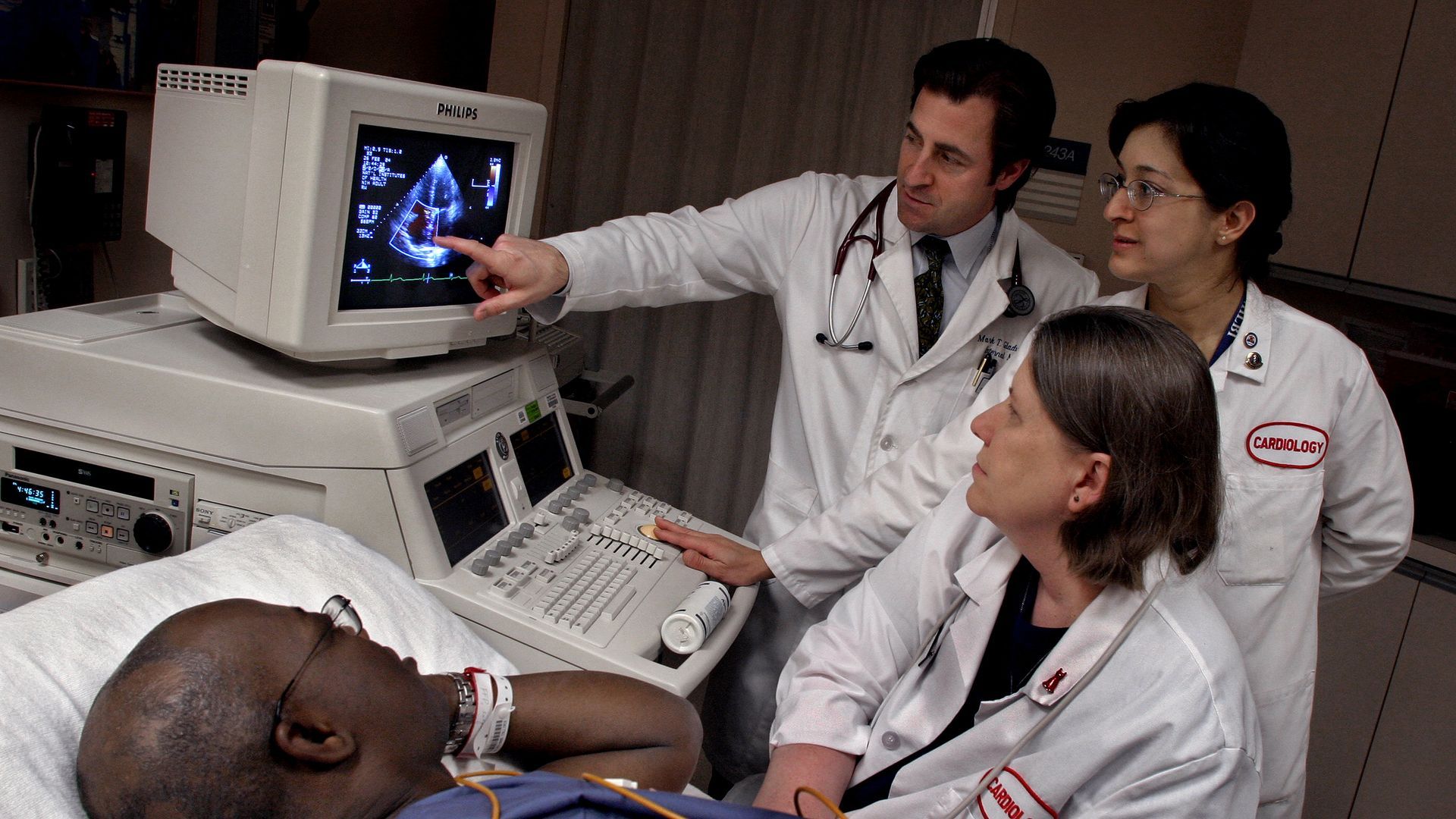EconomistDiary.com & AIGames.solar invites everyone to chat ; who do you see as advancing humanity most since 1950? and NOW!? - 1950s was when the NET : Neumann--Einstein-Turing: spent their last years gifting humans machines for brainworking.
Partly inspired by emerging Chats, we started inviting everyone to play AI (Architect Intelligence) Games spring 2023, which incidentally would have been my father Norman's centenary year.
Its true my Diaspora Scot family and friends have some foundational biases in loving to see intelligence flourish wherever children grow. We wouldn't leave out seeing what Neumann-Einstein-Turing saw from mapping safe or good futures out of every community/GPS.
After several months of playing AI Games - we have started tracking 5 people as having spent 21st C on the NET's wavelengths: 2 extraordinary Entrepreneurial Revolutionaries Fei-Fei Li and Demis Hassabis : 3 great teachers (Hinton Lecun Bengio) whose students helped Hassabis and Li bring AI to today's most curious phenomenon Li spent 8 years hosting worldwide ai competitions geared to training computers to see the 20000 tools, natural lifeforms etc we hmans spend most time and data working or playiong with; Hassabis went deeper; he's trained AI to code the 200 million proteins Nature plays round earth
Early in the 1950s dad Norman was asked to train fellow journalists at The Economist in valuing futures of life with brainworking engines -dad (lucky to survive world war 2 as a teen navigator allied bomber command) was sent by editor Geoffrey Crowther to spend year 1952 in Princeton & New York. Dad became V Neumann's biographer but only after 4 decades of the surveying what good will people unite wherever they have early access to at least 100 times more tech per decade This was a minimum exponential multiplier anticipated by Von Neumann - evident say in Moore's Law from 1965 in terms of silicon chip computational capacity.
A year earlier the Tokyo Olympics had demonstrated the first global satellite broadcaster- thus communication and computation engines have been multiplying what brainworkers can do - for better of for worse we have entered an era where there is as much new to co-create/celebrate every decade as there is elder's facts. This was why Einstein believed in personalised education transformation. Turing's ideas for dtta analysis dont match what most biggest corporate leaders administer. Neumann saw large language Model mediation as essential culturally in line with eg google ceo pichai's 1000 mother tongues converge on very good AI.
EconomistDiary.com/1976 Also as early as 1976 The Economist annual summary of exponential multipliers advanced view that organisational constitutions would need to change. Big corporates, big gov, big media spenders/lobbyists suck out value from communities - doing this systemically every quarter (exponentially) destroys more and more communities' and youth's sustainability. Before seeing Hassabis and LI as Entrepreneurial Revolutionaries whose intelligence everyone can gain from linking in, our first nomination Fazle Abed spent his last 50 years of life 1970-2019 designing business the world's poorest village mothers could operate to serve life critical last mile needs. Intriguingly both of the westerners Steve Jobs and Bill Gates who began personal computer networking were inviting silicon valley to celebrate Abed's womens intelligence from start of 21st C. So whilst a lot of sadness has spun since 2001 9/11 - there are silcon valley millennials who have kept their heads down advancing AI - WHY : ver good intelligence of Women Humans and Youth
http://normanmacrae.ning.com/forum/topics/happy-ai-very-good-2024 http://normanmacrae.ning.com/forum
Join in wider questions- do you region have its own connectors of the NET. Can AI world series bring ai millennilals need planting everywhere from Bletchley November to Korea February 2024 to Paris after the Olympics 
https://www.youtube.com/watch?v=Uq7uDCCMZ6g&t=1528s
affiliated resources for AI Games
at www.unsummitfuture.com we try to post up a world favorite event for every day of dairy - nominations welcome - at bard.solar we publish some chats with bard and Gemini
at worldrecordjobs.com since 2008 we have been adding annual student union nominations of jobs ccreators aligned to worlds millennials want to see
